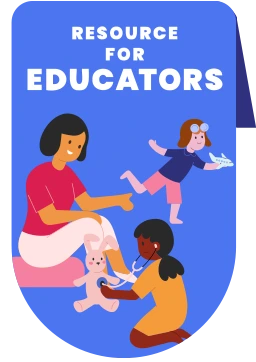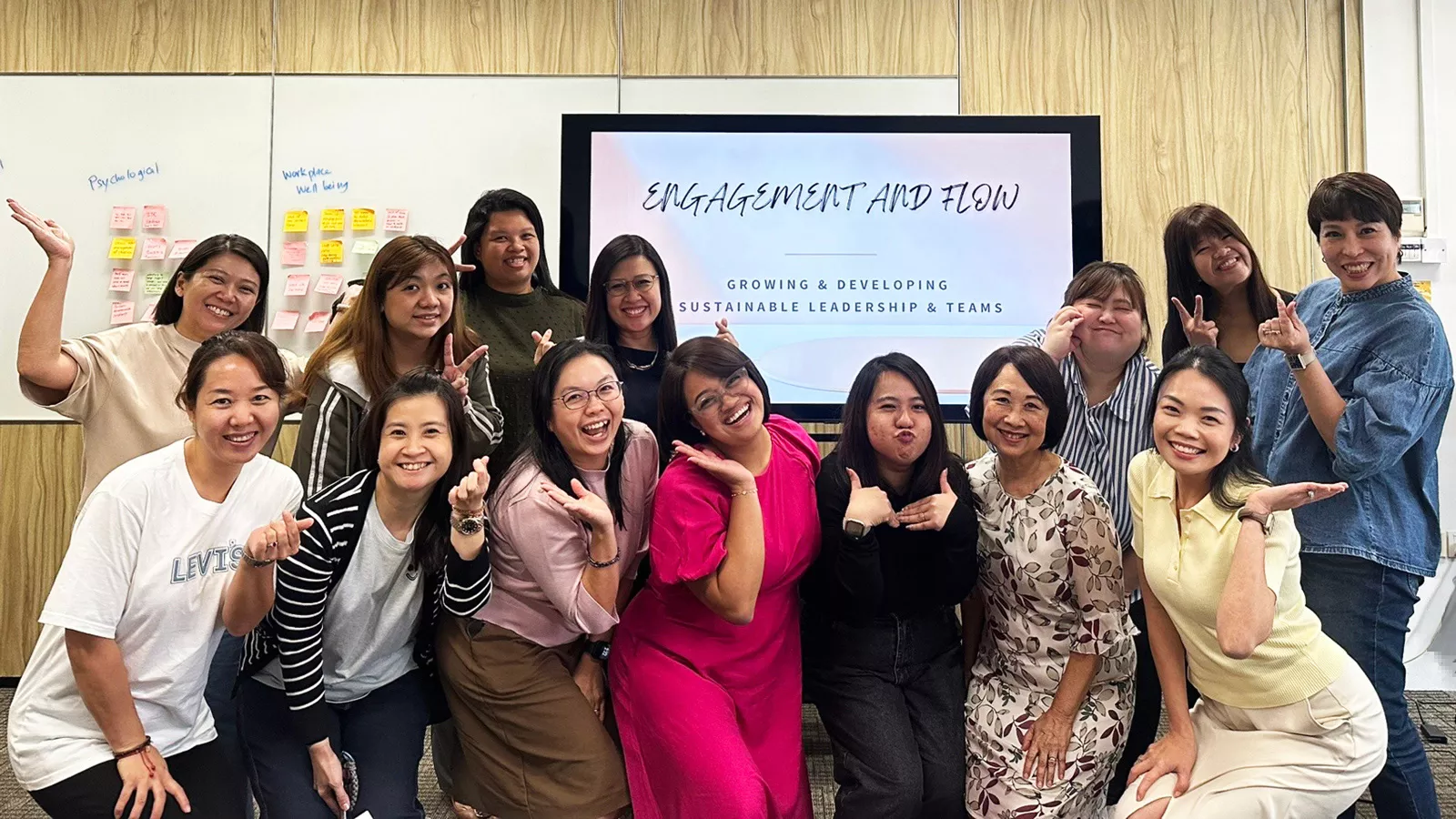ABOUT OUR EXPERTS

ECDA Fellow and Head of Operations, M.Y World Preschool

ECDA Fellow and Director (Early Childhood Development Centres – Academic Services), Little Seeds Preschool
Good leaders have one thing in common: They possess a growth mindset. They embrace challenges as opportunities and believe in the potential for continuous improvement in themselves and others. By acquiring new skills and adapting to change, they not only strengthen their own capabilities but also inspire their teams to grow, and engage in professional development and strive for excellence.
How can early childhood (EC) leaders develop this growth mindset? How can you model it for your educators who look to you for guidance and support, especially where emotional demands are high and the development and well-being of young children is at stake? ECDA Fellows Ms Jane Choy and Mrs Cara Wong share some tips.
1
BE REFLECTIVE
Take time to think back and make sense of what you have learnt both from your experiences and from others’ perspectives. Reflection helps you examine your beliefs, goals and strategies, which can lead to deeper understanding and improved classroom management, teaching and leadership practices and better outcomes for children.
Mrs Wong encourages EC leaders to engage in intentional reflection through two guiding questions:
- “Why did I say or do what I did?” Acknowledge your limits and learn from your struggles. They are part of the growth journey.
- “How can I make things better than they are now?” Take ownership of your mistakes or actions and learn from them.
2
SEEK HELP FROM MENTORS AND COLLEAGUES
 Mentors and colleagues help you feel less isolated and more supported in your leadership journey.
Mentors and colleagues help you feel less isolated and more supported in your leadership journey.
While EC leaders often mentor beginning educators, they too benefit from support in navigating tough moments. “Through needs-based guidance, a mentor can help you uncover your blind spots, provide valuable insights drawn from experience, and share practical hands-on strategies that have worked for them,” says Ms Choy.
“You can also tap on colleagues for their inputs and perspectives,” she adds. Be open to feedback and constructive criticism, no matter who it comes from.
3
BUILD TRUSTING RELATIONSHIPS
Trust underpins the entire EC sector. Parents place immense trust in EC professionals to care for their little ones during their most vulnerable years. Likewise, EC leaders trust their educators to nurture children’s holistic development through intentional teaching and care.
Mrs Wong identifies two important elements for building trusting relationships: Love (care) and communication (relational skill). “For EC leaders, the aim is to create a space where there is high care and high skill. Relationships then become constructive and flourish,” she notes, fostering an environment where team members feel valued and are motivated to act in the children’s best interests.
4
HOLD ONTO YOUR VALUES
 Values such as empathy, resilience and passion are key to being an effective EC leader and shaping your preschool’s vision and culture.
Values such as empathy, resilience and passion are key to being an effective EC leader and shaping your preschool’s vision and culture.
Effective leadership begins with positive values like respect, empathy, wisdom and humility. “Leaders must stand for something and inspire others to follow them,” says Mrs Wong. “Values are what keep us anchored through all the uncertainties and difficult situations.”
Mrs Wong further draws a connection between values (what’s on the inside) and vision (what’s on the outside). “Modelling values brings life to vision, giving others a cause to strive for,” she adds. In the preschool context, that means keeping children at the centre of everything we do and encouraging educators to remain professional, stay passionate, and have love for learning.
5
PRACTISE SELF-CARE
It is important for EC leaders to prioritise their own mental health. After all, leaders are people, not machines or robots. Take short breaks throughout the day to manage stress. Talk to a trusted confidant when you are feeling dejected or overwhelmed. This will help you build resilience to navigate setbacks and challenges.
“Prioritise your emotional well-being, proactively address any challenges you may face, and remember that small steps forward still count as progress,” says Ms Choy.







